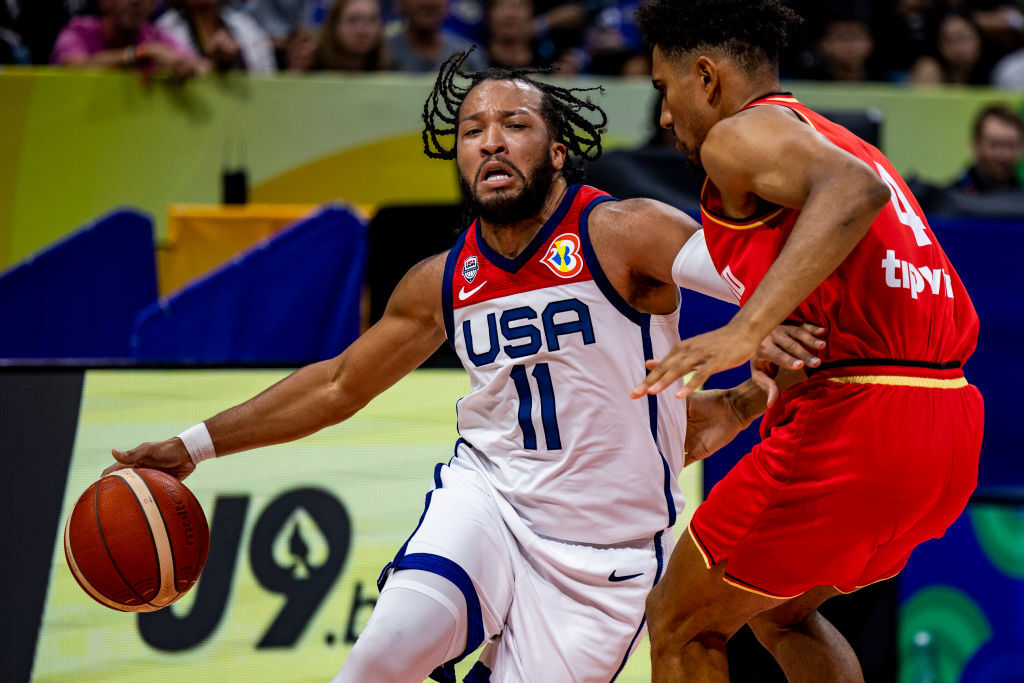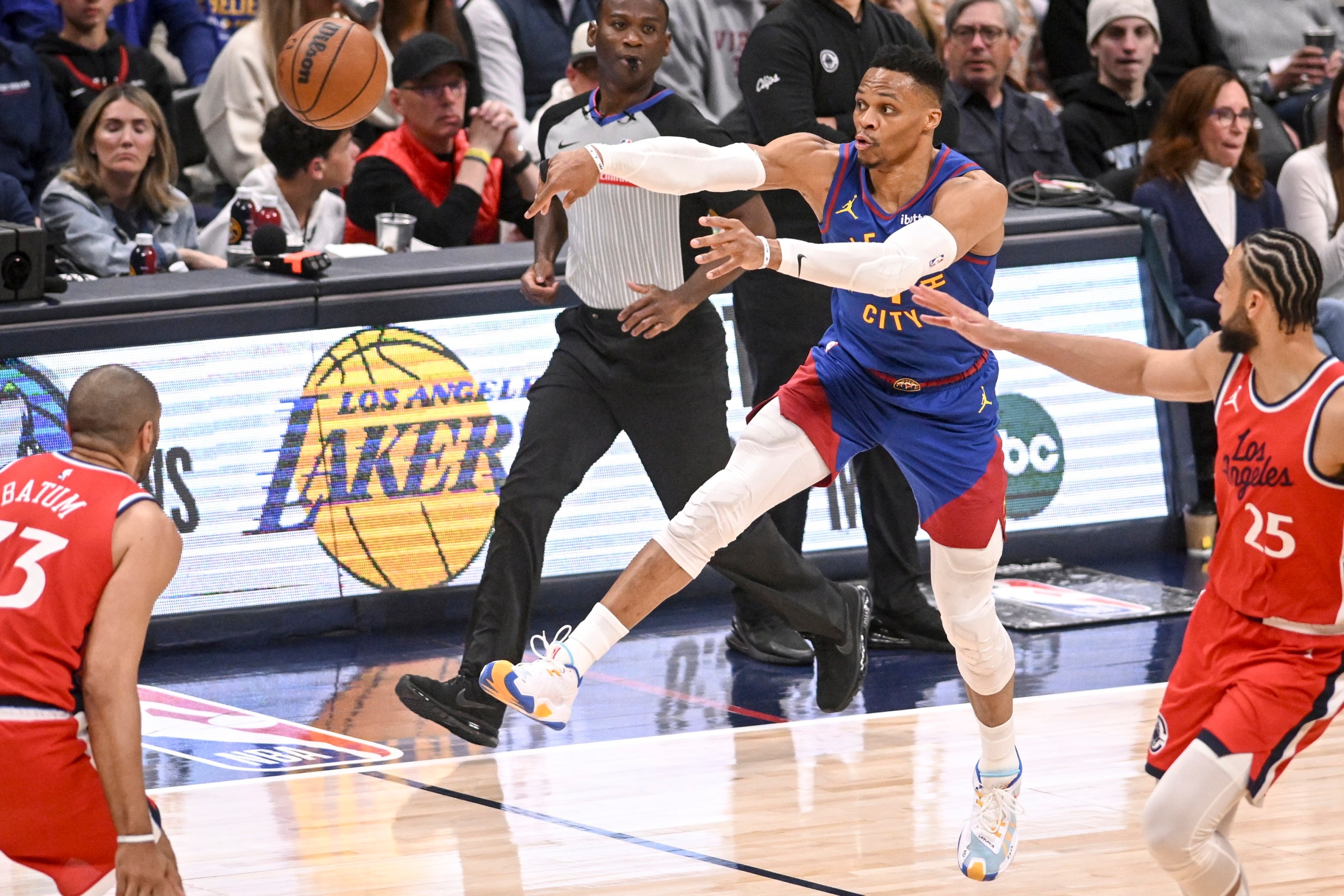The United States men's basketball team lost to Germany on Friday morning, 113-111, crashing out of the FIBA World Cup in the semifinals. This marks the second consecutive World Cup that Team USA will have fallen short of even making the final; in 2019 the team lost consecutive games to Serbia and France and didn't get past the quarterfinals. When considered alongside both Team USA's longtime dominance of the international game, and the fact that the current best three players in the NBA are all foreign-born—that's maybe conservative, as one could even make an argument for Shai Gilgeous-Alexander and Luka Doncic as top-five—it forms a small pattern of failure that could lead one to the conclusion that the United States has irrevocably lost precious recipes; that it has slipped from unquestioned and untouchable best basketball nation in the world to simply one of the contenders.
There is an argument to be made here, but the World Cup loss is hardly an ideal diving board from which to launch it. Team USA brought, to put it kindly, a deeply compromised roster to the Philippines. Steve Kerr's squad featured four players with a single all-star appearance, two players coming off their rookie season, nobody over the age of 28, and zero holdovers from either the failed 2019 FIBA run or the gold-medal squad from the 2021 Olympics. The only bigs on the team were a role player (Bobby Portis), a guy who doesn't know how to rebound the basketball (Jaren Jackson Jr.), and someone with 74 games of NBA experience (Walker Kessler).
The front of the jersey still says USA, but the best American players are all getting praised by real-hooper Instagram accounts for cooking in open runs in the States or hanging out with Drake in a confusing way or wearing matching outfits with their tiny new babies. There are still very good players up and down the roster, but international basketball will necessarily always take a back seat to NBA hoops, since that's how you get paid and that's what the viewing public actually cares about.
That apathy—structural apathy, not personal apathy, as the players on this team played hard and very obviously wanted to win—stands in marked contrast to the fervor with which Team USA's rivals play international ball. When Lithuania beat Team USA earlier in the tournament, their fans threw a jubilant party. When Serbia advanced to the final, their players went ballistic. Every other international team in the world is starved for the success that Team USA has been able to back its way into for so long; this will obviously matter more to them, as it should.
The world at large undoubtedly is catching up. Spain, France, Lithuania, a Nikola Jokic-ful Serbia, even little Canada: Those are all legit teams with all-stars or at least a ton of NBA players. A Cameroonian just won the NBA's MVP award; no American has won it since James Harden in 2018. Victor Wembanyama, of France, is about to start his NBA career, with every expectation that he could define and dominate the next 12 years. The tops of every draft for the foreseeable future will be stuffed with good international players, thanks in part to the NBA's deliberate efforts to open the game up to the world. One can imagine a day, not even too far off in the distance, when even a fully loaded Team USA goes to the Olympics as only the second- or third-most likely gold medalist.
But Tyrese Haliburton, Austin Reaves, and Josh Hart failing to play defense against Germany—or Steve Kerr's failed experiment with playing JJJ, always better with another big alongside him, as the lone center in a basketball tournament where being huge is the meta—don't really have anything to do with that possibility. There are no sweeping conclusions to be drawn from this tournament, unless Team USA smushes Canada, a result that would tell an irrefutable marrow-deep truth about both nations, forever.






